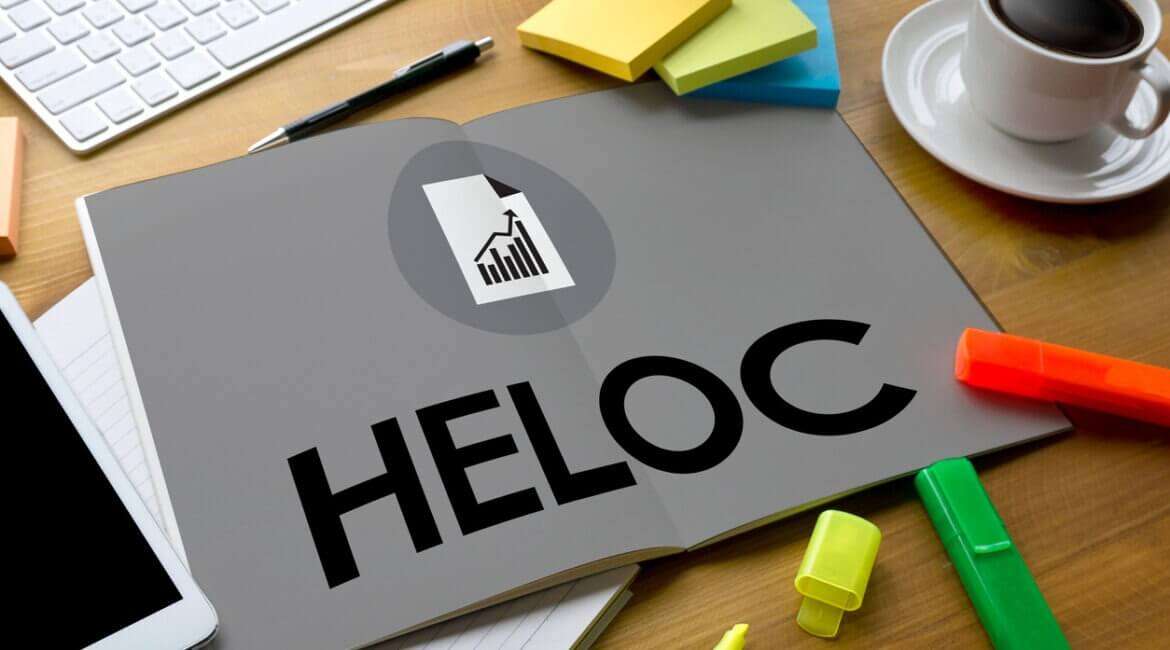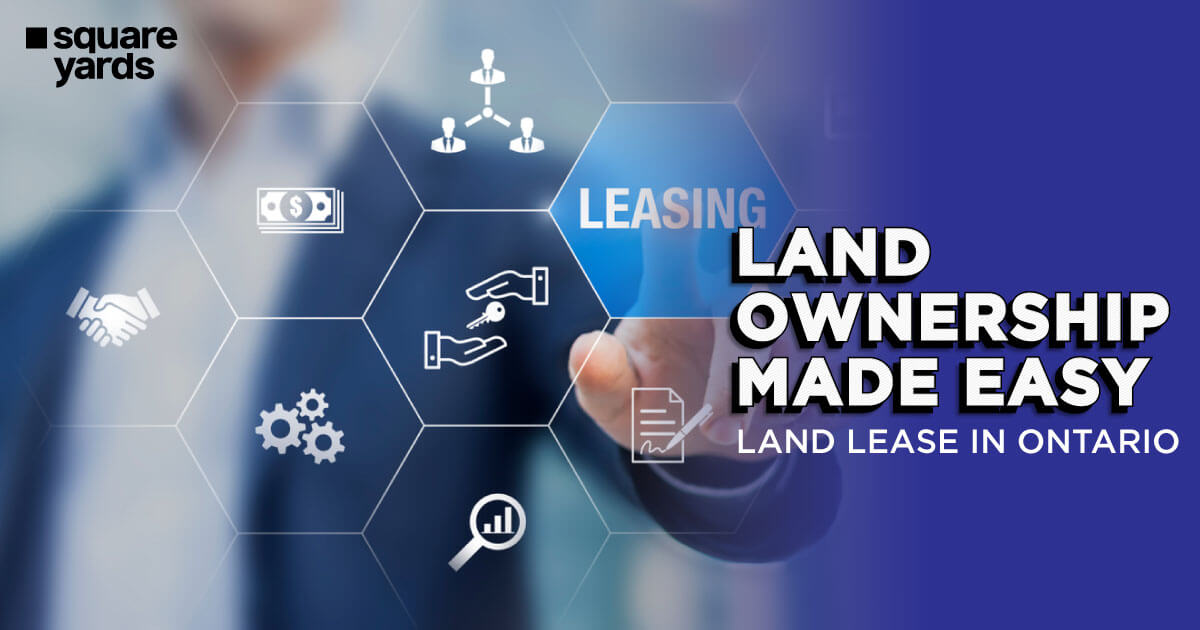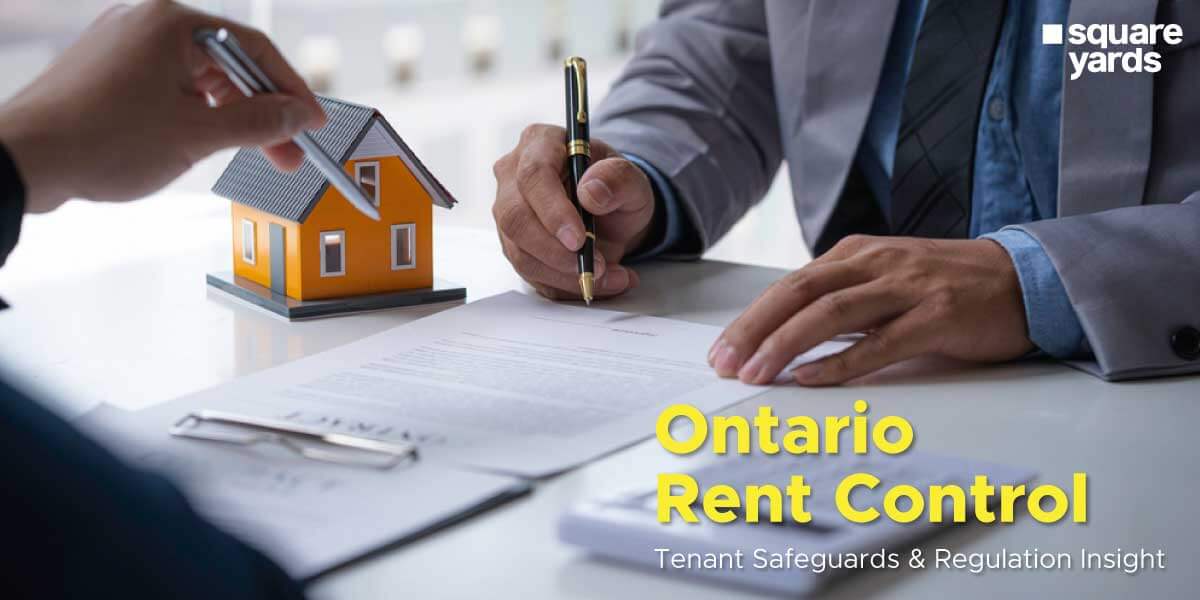The financial world sometimes feels like an indecipherable labyrinth, where every corner turns you towards a new financial product or concept. One such term that often raises questions and is the subject of attention for Canadian citizens is the Home Equity Line of Credit, or as it’s commonly known, HELOC. For many Canadians, understanding how they can utilise a HELOC in Canada to pay off their mortgage is a crucial aspect of financial planning. And this is exactly what we will discover in this blog. So, let’s get started!
What is HELOC?
HELOC (Home Equity Line of Credit) mortgage in Canada is fundamentally a loan one can find at various banks and other financial institutions. The objective of HELOC in Canada is to allow homeowners to borrow money against the equity in their homes. The term equity primarily means the difference between the current market value of the property and the remaining balance on your mortgage.
Also, with HELOC in the picture, now you have a credit limit which typically represents a percentage of your home’s value minus the amount you still owe on the mortgage. It is similar to having a credit card – you can borrow, pay back, and then borrow again if needed.
Can HELOC in Canada be Used to Pay off a Mortgage?

The straightforward answer is yes; using a HELOC to pay off a mortgage is feasible. It’s entirely within the norms of financial practices, given you have enough home equity to cover your outstanding mortgage balance. However, it must be noted that while clearing off one debt with another might pique your interest, it comes with its own complexities.
HELOC rates in Canada can vary, meaning your payments could increase over time, unlike the fixed rates typically found with traditional mortgages. Therefore, this strategy might not be suitable for everyone and should be approached with a clear understanding of your financial situation and future market predictions.
For your better understanding, here are a few important advantages and disadvantages associated with HELOC.
-
Advantages
- With HELOC, you get easy access to credit after approval.
- The users get the benefit of lower interest rates.
- There are practically no prepayment penalties; you can pay it back as early as you like.
-
Disadvantages
- The foremost disadvantage of HELOC rates in Canada is that the amount you can borrow directly depends on the percentage of equity you have in your house.
- To apply for HELOC in Canada, you may need to pay some administrative fees for things like a title search, title insurance, legal fees, and appraisal fees.
- HELOC’s interest rates in Canada are subject to fluctuation.
- HELOC has no prepayment penalties; however, your mortgage might. So, using your HELOC doesn’t necessarily mean you can pay it off faster. Also, opening a HELOC in Canada to pay for your mortgage adds more debt.
How Can One Use HELOC to Pay Off Their Mortgage?

Now that we understand it’s possible to use a HELOC to pay off a mortgage let’s dive deeper into the process to understand it more.
-
- Applying for a HELOC in Canada: You need to apply for a HELOC with your bank or financial institution as you would do with other financial loans. They will be evaluating your current credit score, current equity in the home, along with your ability to repay. All these parameters will help them conclude before they grant you the line of credit.
- Use the HELOC Funds to Pay Your Mortgage: As your HELOC is granted and set up, you can use the available funds to pay off the remaining balance of your mortgage. This will transfer your debt from the mortgage to the HELOC.
- Repay Your HELOC in Canada: After clearing your mortgage using HELOC, now your primary focus will shift to repaying the HELOC in Canada.
Why Would Someone Use Their HELOC in Canada to Pay Off Their Mortgage?

It may seem odd to pay a debt by taking up another debt. However, a Home Equity Line of Credit (HELOC) is a good option to clear your mortgage. Here’s why –
-
Lower Interest Rates
HELOCs typically have lower interest rates than mortgages. Thus, if a homeowner can obtain a HELOC with a lower interest rate than their current mortgage, they could save on interest over the life of the loan.
-
Flexible Repayment Terms:
With HELOC in Canada, you will get more flexible repayment options. This will allow you to pay more in times of abundance and less when you have a tight budget. Thus, it is a good option for people with variable income sources.
-
Access to Equity
A HELOC allows homeowners to use their respective home equity, which might otherwise be tied up until the home is sold. For homeowners needing funds for significant expenses such as home renovations, tuition fees, or to consolidate other high-interest debts, a HELOC can provide a relatively low-interest source of funds.
-
Potential Tax Advantages
Depending on the homeowner’s personal tax situation and the specific tax regulations in their jurisdiction, the interest paid on HELOC rates in Canada may be tax-deductible when used to buy, build, or substantially improve the taxpayer’s home.
Other Options to Pay off Your Mortgage Faster
One needs to understand that while a Home Equity Line of Credit (HELOC) can be used for managing and paying off your mortgage, it is not entirely the only option to do so. You can use a few alternative strategies to pay off your mortgage.
-
Accelerated Payment Plans
Traditional payment plans often entail monthly payments. But what if you could make smaller payments more frequently? Accelerated weekly or bi-weekly plans enable you to make equivalent extra payments over the course of a year, thus reducing your principal faster.
-
Lump Sum Payments
Most mortgage terms allow you to make lump sum payments directly towards the principal without any penalties, usually up to a certain limit or percentage of the original mortgage amount. These payments are directly applied to the principal amount, allowing you to save on interest over time and thus swiftly pay off your mortgage.
-
Increase Regular Payments
Increasing your regular payment amount is another strategy to pay off your mortgage faster. Many mortgage providers permit you to increase your regular payment by a certain percentage each year. The extra payment reduces your principal, helping you pay off your mortgage faster and saving you interest over the life of your mortgage. Be sure to check the terms of your mortgage agreement to understand the amount you can increase without penalties.
-
Refinance with a Shorter-Term Loan
This is another faster method to clear off your mortgage. Loans borrowed for a shorter period of time also come with lower interest rates. This could result in substantial savings of interest amount.
Conclusion
HELOC in Canada is a useful tool that helps manage and clear your debt amount. But it also needs to be noted that it is not a one-size fits all solution. A clear understanding of finance and how loans work can help you pick the right fit and choose what’s best for you. For this, HELOC represents itself as a fairly good option.
You May Also Read :
| How To Tackle Mortgage Renewal | Mortgage Renewal |
| Guide To Co-Signing a Mortgage | Co-signing a Mortgage |
| All About Mortgage Rates Canada | Mortgage Rates Canada |
| Know About Vacant Land Mortgage | Vacant Land Mortgage |
Frequently Asked Questions (FAQs)
As stated earlier, HELOC is a Home Equity Line of Credit (HELOC) loan type allowing people to borrow money against home equity.
HELOC can be useful for consolidating high-interest debts depending on your financial situation. But, one must also remember that HELOCs have different interest rates, and if one cannot pay back, one may lose one’s home.
In many cases, a HELOC can be cheaper than a personal loan because it uses your home as collateral, typically resulting in lower interest rates. However, the exact cost depends on the interest rates, terms of the HELOC, and the borrower's credit score. Also, a HELOC has a variable interest rate, meaning the cost could increase over time. What is a HELOC, and how does it work?
Is it a good idea to get a HELOC?
Is a HELOC cheaper than a loan?











